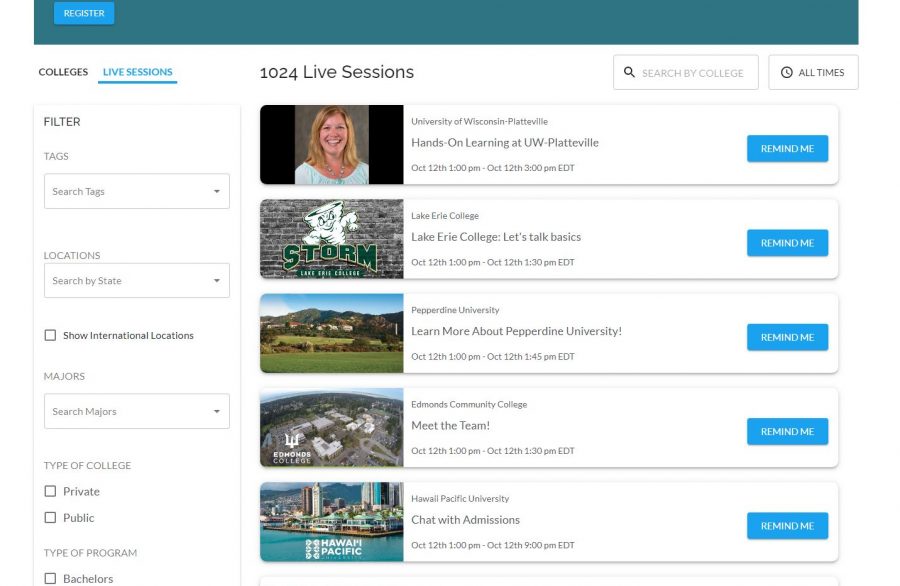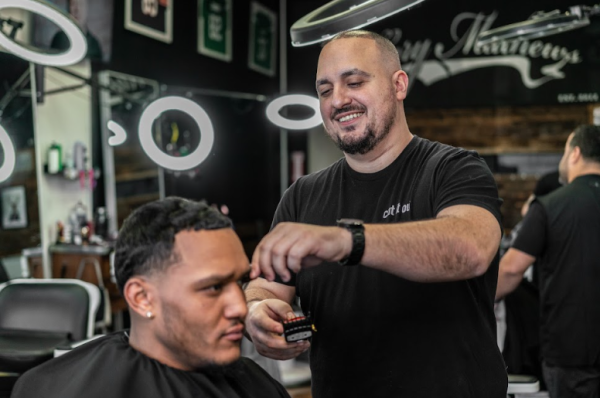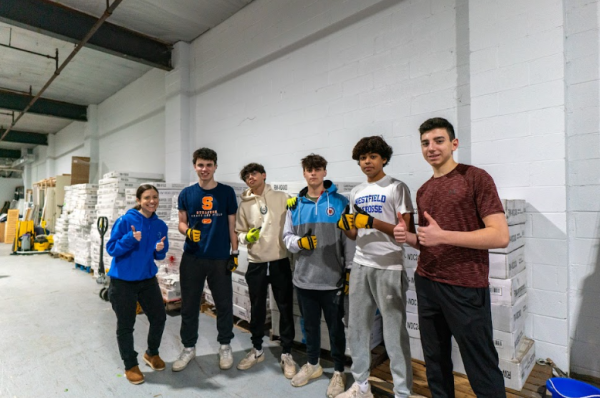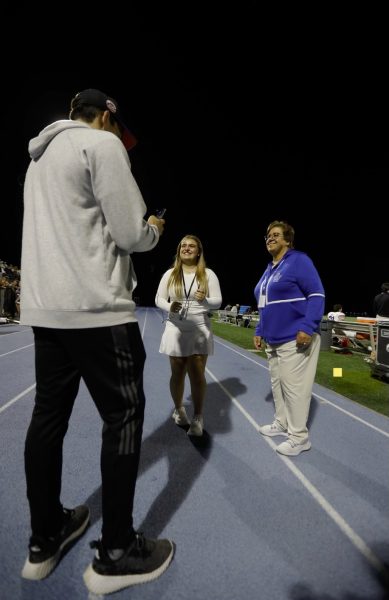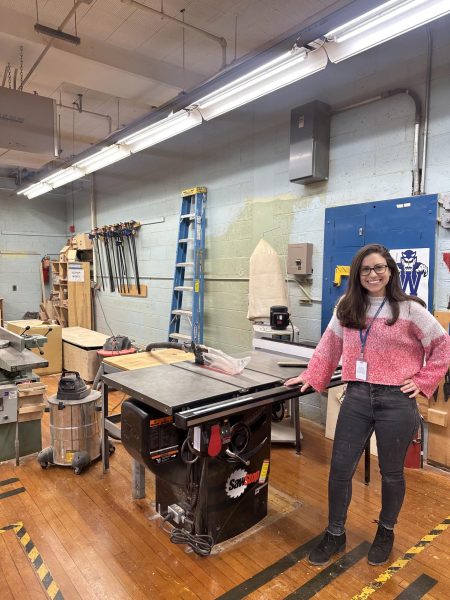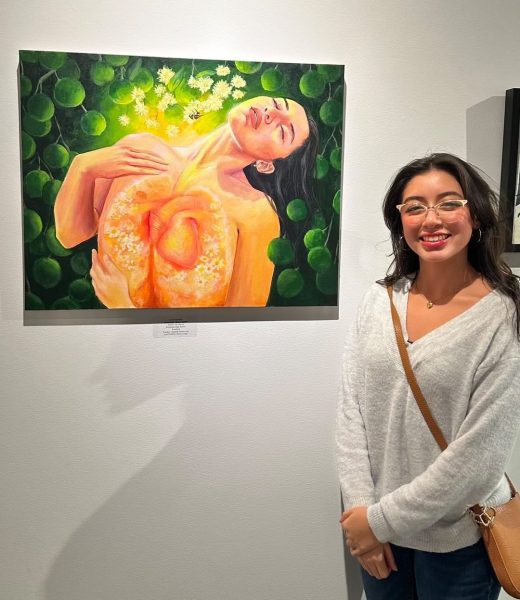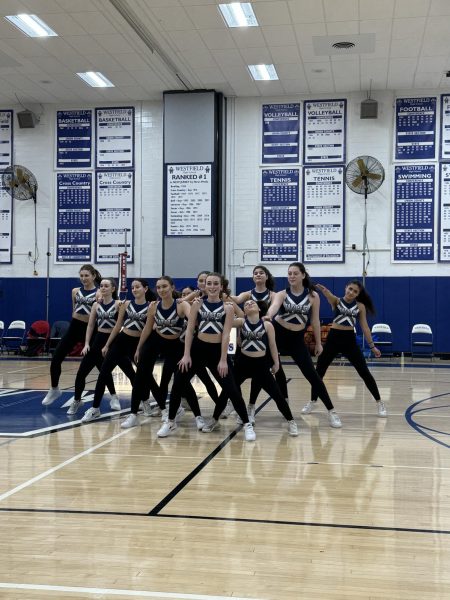Searching for a college education amidst COVID-19
Photo Thomas Chen
Virtual college fair
You don’t need a degree to realize that applying to college in 2020 is not going to be what it was in the past. COVID-19 has changed our entire world, and the college admissions process is not an exception.
In the past, when applying to college in the U.S., one of the biggest pieces of the college admissions puzzle was standardized testing such as the SAT or the ACT. Traditionally, most applicants take these tests at least a year before they plan on applying to any institution.
Unfortunately, coronavirus put all testing on hold from April to September. The first SAT to take place since the lockdown will be on Oct. 3rd. According to Director of Counseling Services Maureen Mazzarese, the number of students who have test scores right now is fewer than other years.
One student that plans on applying to college this fall and has yet to sit for a test is WHS senior Dylan Kronick. Kronick said that he hopes, “colleges take into consideration that getting a good test score on a standardized test will not be as easy as it was last year. Last year test takers had plenty of time to take these tests [multiple times], but now we only get one or two tries.”
Mazzarese revealed that at a virtual college panel co-hosted by WHS on Sept. 29, representatives from colleges and universities said, “Last year’s college season was apples, this year is oranges.” Mazzarese added, “[Schools] can’t and won’t compare unfairly.”
According to Mazzarese, almost 75 percent of the nation’s colleges and universities announced that they will be going test-optional this year, meaning students can submit a test score with their application if they choose to, but they’re not required to and will not be penalized for not sending a score.
Typically when a student is interested in a university, they can visit the school in person for a tour and potentially an information session. In recent months, that has not been the case. Unfortunately, one of the only ways to see a university during the pandemic has been through a computer screen.
Colleges have been offering virtual tours and meetings for incoming students. The National Association for College Admission Counseling has organized a large number of virtual fairs featuring live speakers from more than 1500 colleges. Many websites also allow users to click their way through pictures and listen to pre-recorded information about the university.
The virtual tours allow students to rotate the screen 360 degrees to get the feel of walking around campus, but it doesn’t compete with the experience of physically being on a college campus.
WHS senior James Calcagno who has done multiple virtual tours said, “Virtual tours definitely don’t give the same experience that you get with a formal tour. Despite this, I still think that it is a good enough way to get to know the college.”
The gap that COVID-19 has created in the test performances of students and their ability to show interest in certain schools presents the shift in this year’s and last year’s college application process. As colleges need more criteria for judging applications without test scores, college essays and other written material have become more significant.
With the availability of The CommonApp, a college admission application that has helped students apply to more than 800 colleges and universities, the written process has become more convenient for applicants. Students can be more genuine and indicative of their readiness to handle their education in their written applications.
According to Garret White, a tutor and writing specialist,“[Students] must articulate in some way how they were successful navigating the pandemic and quarantine and remote learning in a positive and productive manner.”
Deciding what college to attend is a big decision for any student under normal circumstances, but when COVID-19 and the subsequent quarantine are factored in, it becomes exponentially harder. That being said, whether it’s by participating in virtual tours or using The CommonApp to their advantage, students can show interest and prove themselves to colleges with or without a test score.

